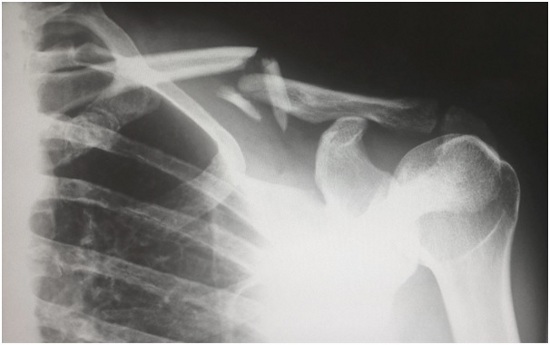When you’ve been injured, it can feel like the world is against you. Not only do you need to deal with the actual pain and recovery process of your injury, but your work, daily obligations, financial standing, mental health, and ability to get around and complete basic tasks can be compromised. In the overwhelm, it can be hard to know how to respond to your injury and how to promote your own best interest. The following will explore a few things you can do to protect yourself and your health after a serious injury. Special attention will be paid to legal steps that you can take.


Seek Legal Counsel
Before you speak to an insurance provider, before you speak to the owner of an establishment where an injury occurred, and before you speak to your supervisor if the injury happened at work, you need to talk to a lawyer.
Sometimes accidents happen, but more often than not, accidents are preventable. In cases where an injury occurs, many people involved immediately direct their thinking toward protecting themselves and their assets. Insurance companies, in particular, are skilled masters when it comes to paying out as little as possible for an injury. They have doctors, engineers, and chiropractors whom they involve because they know these “experts” will make the whole situation seem less serious than it was. Lawyers know how to combat these tactics and can refer you to unbiased medical professionals or experts who can provide a more objective explanation of your situation. And, as this Bronx slip and fall lawyer points out, they can also assist in the communication between you and other parties involved. Since the communication part (especially if both sides feel very strongly about the incident) can be emotionally draining, this can be a huge benefit.
Beyond this, you often can’t pursue other courses of action once you sign something with an insurance company. It’s best to speak to a lawyer before signing anything so that they can give you a clear overview of all your options. This can help ensure you’re not preventing yourself from pursuing another course of action that is more suited to your situation.


Get A Second Opinion
When it comes to the medical industry, there are a lot of wonderful things to say. People devote their lives to helping others get and stay healthy. This being said, there is lots of room for improvement, and if you’re dealing with a legal proceeding, you almost always need to be able to show that you’re following the doctor’s instructions carefully. If you’re not, this can be interpreted as you not being as injured as you claim.
If you feel for any reason that your medical advice hasn’t been accurate, seek another opinion. Studies have shown that as many as 88% of patients who seek out a second opinion will leave that appointment with a new or refined diagnosis. That’s almost nine out of ten people who seek a second opinion. 21% of those people will receive a distinctly different diagnosis. It might also be worth noting that medical errors are the third leading cause of death in the United States. If you feel disrespected by a doctor, if your symptoms or personal experience feels like it’s being ignored, or you are expressly unhappy with the side effects of a particular treatment plan, speak up. If the doctor doesn’t change their behavior, get a second opinion.
Stay Off Social Media
When emotional, it can be tempting to use social media as a place to vent or even simply disassociate for a while. Social media activity can be used against you in a legal proceeding. Even something simple like sharing a photo of a baby trying to catch a duck can be interpreted by law enforcement, insurance companies, or legal teams as you not being as injured as you claim.
Study Your Mental Health
Injuries can change how you do pretty much everything. Since human identities are pretty frail things, massive amounts of change can cause huge internal struggles. Someone who identifies as a provider or caretaker might be really challenged by taking time off work and relying on the care of others. Someone who is freedom-oriented might really suffer if they’re unable to travel quickly on a whim. Someone who has just had a near-death experience might be scarily overwhelmed with relief and feel the urge to make radically risky decisions. Someone who was injured by complete surprise might feel anxious as they go about their day, knowing how hard it is to anticipate accidents. Whatever emotions you’re feeling are okay; they are a completely appropriate reaction to your current situation, but this doesn’t mean you don’t need support. Find someone you can talk to and actively seek methods of supporting your mental health.
The above list should help you better protect yourself after an accident. You’re probably stressed and tired and want to get the process done with as soon as possible, but rushing isn’t going to help. Advocating for yourself each step of the way, for however long it takes, can.
















